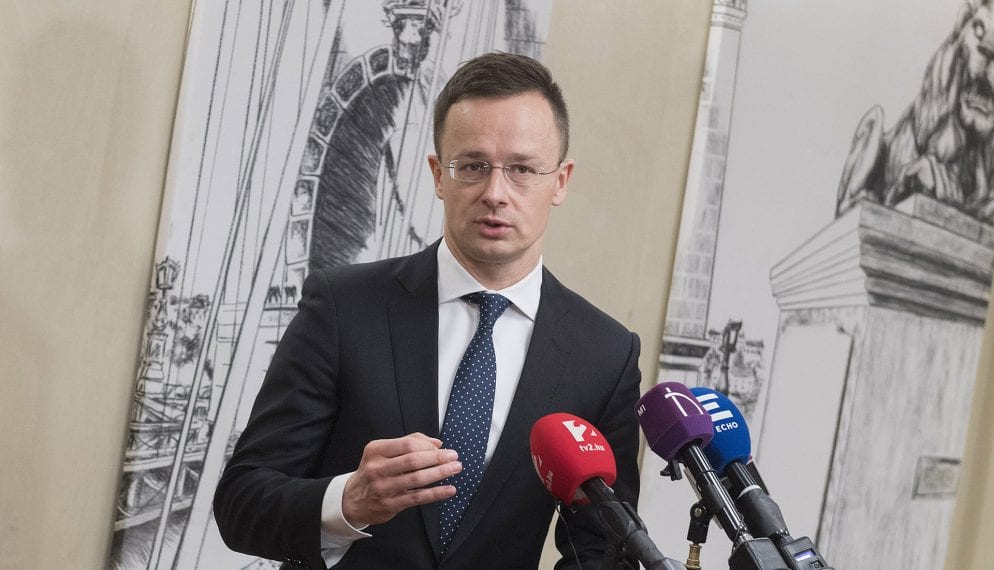
Minister Péter Szijjártó: Investments in Hungary hit record highs last year
2018. 03. 08.
“Investments in Hungary last year reached the largest number and highest value ever, with the help of the government’s investment promotion efforts,” said Minister of Foreign Affairs and Trade Péter Szijjártó.
“The 96 investment projects brought with them a total of 3.5 billion euros in investments,” significantly larger than the 71 investments valued at 3.2 billion euros in 2016 and created over 17 thousand jobs, the minister said, speaking at a press conference announcing a new investment by Metyx Hungary Limited in Kaposvár. “In 2017, the average wages paid by these new workplaces exceeded 304 thousand forints (975 euros), while this figure was 255 thousand forints (818 euros) in the previous year,” he added.
The new record marks an impressive achievement considering that the majority of the investments are going to the most digitalized fields of industry and those most affected by the new industrial revolution: 36 out of the 96 major investments are going to the automotive sector, seven each in the electronics and food industry sectors and five in the IT sector. Moreover, Hungary will see ten new service center investments. Among the investments, German companies lead the list with 29 projects, but it’s important to note that Hungarian companies are second on the list behind Germany, demonstrating their ability to meet the same conditions set for multinational corporations.
In contrast to this record-breaking level of investment, the minister said, “less than 5,500 workplaces were created in a similar manner during the Socialist government’s final year in office in 2009.” Szijjártó added that since the Orbán Government took office in 2010, the unemployment rate has fallen from 12.5 to 3.8 percent.
“Now that there are enough jobs, our task is to ensure that the people of Hungary can work according to increasingly favorable conditions”, in high-tech and high value added jobs, he said, explaining that the government is now working to encourage companies to bring their research and development divisions to Hungary in addition to their production facilities. The investment of Turkish Metyx in Kaposvár, a Hungarian town developing industrial capacity only in the last couple of years, provides an excellent example of this Hungarian economic strategy.